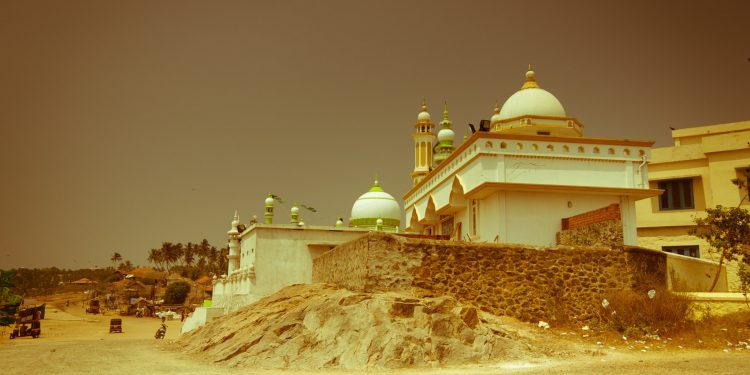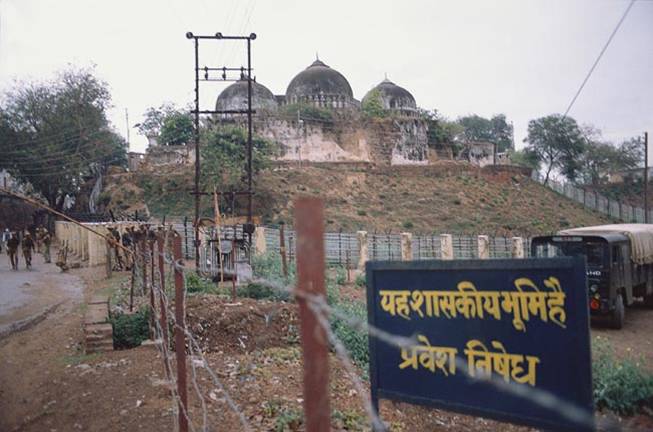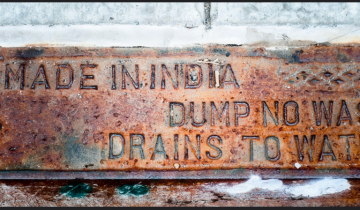12/06/1992: Destruction of Secularism in India?

What Happened?
Exactly 25 years ago today, a group of Indians claiming to be nationalists and fighting for their country, destroyed a 16th-century Babri mosque located in the northern India town of Ayodhya. They believed the mosque needed to be destroyed because it held religious importance for Hindus, and therefore only a Hindu temple should be in its place. It is perceived to be the birthplace of Lord Ram and others claim a Hindu temple was destroyed and replaced with the mosque (this claim has not been proven, however). The impulsive riot left its mark in history, and debatably changed the course of secularism significantly.
In 1885, the head of the Nirmohi Akhara filed a petition requesting access to prayers inside the mosque, something Hindus had been doing outside the building. They were not granted permission. The following years brought about constant disagreements and oftentimes violence.
The issue is yet to be resolved by the government to this day. Yesterday was supposed to be the first hearing of the case but got postponed until February 2018.
The Historical Significance
“As I watched the last cordon collapse and the police walk away with their wicker shields held above their heads for protection from the stones raining down on them, with an officer pushing his men aside to get out first, I realised I was witnessing a historic event – the most significant triumph for Hindu nationalism since independence and the gravest setback to secularism.”
The event was indeed an incredible setback to secularism in India. It became an event marked with hatred between the religious communities and a clear flaw in not being able to handle conflicts in a civilized manner. The question isn’t about which community has a larger connection with the site, or weighing the religious significance for both sides and declaring a winner. It’s about the inherent issue of the communities not being able to reach a verdict without shedding blood and resorting to violence.
25 years after the event, will February 2018 finally put a just end to the prolonging conflict between the two groups or will history repeat itself?




